If you’ve recently started looking for senior living community for yourself or a senior loved one, you’ve likely encountered some new and confusing phrases. The senior living industry is constantly evolving, giving rise to a variety of living options. As a result, a plethora of new terminology has emerged to describe the minor variations between different senior housing and care options.
To help you demystify these phrases, we compiled a list of common expressions and acronyms you’re likely to come across during your research.
Common Senior Living Terminology
Activities of Daily Living (ADLs)
These are routine duties such as eating, using the restroom, getting dressed, moving about, and managing prescriptions. Caregivers at an assisted living or skilled nursing facility offer seniors additional assistance and support for these basic needs.
Aging in Place
This is the concept of remaining in one’s home despite changes in health or care needs. This might take place in an apartment, a house, or a senior living community.
Assisted Living
This is a living option for seniors who are mostly independent but require additional aid and support with some daily duties. Many Assisted Living residents can enjoy the privacy of their own living quarters, which are often apartment-style suites. In addition to personal care support services, assisted living frequently offers chef-prepared meals, laundry, housekeeping, and transportation services, as well as the ability to participate in community social events and activities.
Ambulatory
The ability to move about on one’s own, or with assistive devices such as a cane or a walker.
Caregiver
Anyone who assists another individual with daily life chores. A caregiver might be a family member, a friend, or a medical specialist. The primary caregiver is the individual who must aid the most people.
Certified Nursing Assistant (CNA)
CNAs assist residents and patients with activities of daily living and other health needs under the supervision of a nurse or another healthcare professional. CNAs are also known as nursing assistants and nurse’s aides.
Continuing Care Retirement Community
A senior living home that provides residents with various degrees of care based on their unique needs (also known as a continuum of care). Independent living assisted living, and skilled nursing is common words used to define care levels inside a CCRC. Most CCRCs charge a monthly cost that varies depending on the kind of CCRC contract, as well as an entry fee that may or may not be refundable.
Continuum of Care
Some retirement homes offer a continuum of care to their residents. Consequently, if a senior moves into a community, there are services and infrastructure in place to accommodate any health issues that may arise in the future.
Dementia
The loss of cognitive abilities which affects a person’s daily functioning, such as memory, reasoning, and thinking. Dementia manifests itself in a variety of ways and with many causes, including Alzheimer’s disease, Parkinson’s disease, and other related forms.
Health and Rehabilitation Center
A facility, whether public or private, that offers treatment and instruction for recovery. This service may provide speech, occupational, and physical therapy. Each institution is unique, and some could even provide specialty therapies.
Home Health Care
An individual receives nursing or other medical care at home.
Hospice Care
A service that gives comfort and care at the end of life.
Independent Living
Sometimes known as retirement communities, these are options for seniors who may still live independently but choose a less maintenance-intensive lifestyle. Convenient services like restaurant-style dining, cleaning, and linen service, as well as transportation to off-site activities or appointments, may also be given to allow members to enjoy a more relaxed retirement.
Life Enrichment
A variety of programs and activities in senior living communities aimed at improving residents’ quality of life and focusing on their overall well-being. These often include exercise options, art classes, outings, and a variety of other activities and events.
Long term Care
Services provided to persons who are unable to care for themselves for a lengthy period of time. The services provided vary depending on who is receiving them and whether their condition is the result of a sickness, an injury, or a disability.
Licensed Practical Nurse (LPN)
LPNs provide basic nursing care to residents under the supervision of RNs or physicians.
Medicaid
An initiative supported by the federal government and individual states that helps low-income people obtain coverage for medical treatment and other health-related services.
Medicare
Not to be confused with Medicaid, this is a program run by the government that offers health insurance to those over 65. Medicare health insurance is also available to anyone under 65 who meets the requirements.
Certified Med-Tech (CMT)
Med techs dispense medications in personal care/assisted living institutions; you do not need to be a nurse (RN/LPN) to perform this job.
Memory Care
These are specialized services available to residents of senior living communities who require support due to memory loss, Alzheimer’s or other related dementia.
Nursing Home
Although it does not adequately describe the wide range of senior living communities available, the phrase “nursing home” is sometimes used as a catch-all to refer to any residential community that provides senior living alternatives. Instead, it is recommended that senior living facilities be labeled according to the level of care they provide, such as independent senior living, assisted living, memory care, and skilled nursing.
Palliative Care
A branch of medicine that provides relief from the pain and anguish caused by terminal diseases. Palliative care is often included in hospice or end-of-life care.
Power of Attorney
An agreement that empowers the grantor, often known as the “principal,” to act as the grantee’s agent or attorney-in-fact. A power of attorney can be limited to a medical power of attorney or financial power of attorney, which provides an agent the authority to make medical or financial decisions on the grantor’s behalf.
Registered Nurse (RN)
An RN is a nurse who has finished a certified nursing program and met the requirements for a registered nurse license. Registered nurses’ (RNs’) responsibilities and scope of practice vary by state.
Rehabilitation
The process of regaining a capacity that has been lost or compromised as a result of sickness or accident. Rehabilitation might include speech, occupational, or physical therapy.
Respite Care
Respite Care is a short-term care service that assists home caregivers when they need a break. This service provides seniors with a safe, comfortable environment in which their personal and medical needs may be met by a team dedicated to the well-being of aging adults.
Sandwich Generation
The term “sandwich generation” refers to adult children who look after both their aging parents and kids. These individuals manage the financial, emotional, and physical challenges of providing care for two different generations.
Skilled Nursing Facility (SNF)
A skilled nursing facility (SNF) is a type of inpatient facility that provides rehabilitation to seniors who require short- or long-term care. These facilities provide round-the-clock medical support to patients who require transitional care following an appropriate hospital stay due to illness, accident, or surgery.
We hope that this guide, as well as the resources mentioned below, will assist you in making the move into a senior living community as enjoyable and stress-free as possible. If you are feeling overwhelmed by your Senior Living search, we invite you to view our other Senior Living resources on our website.



